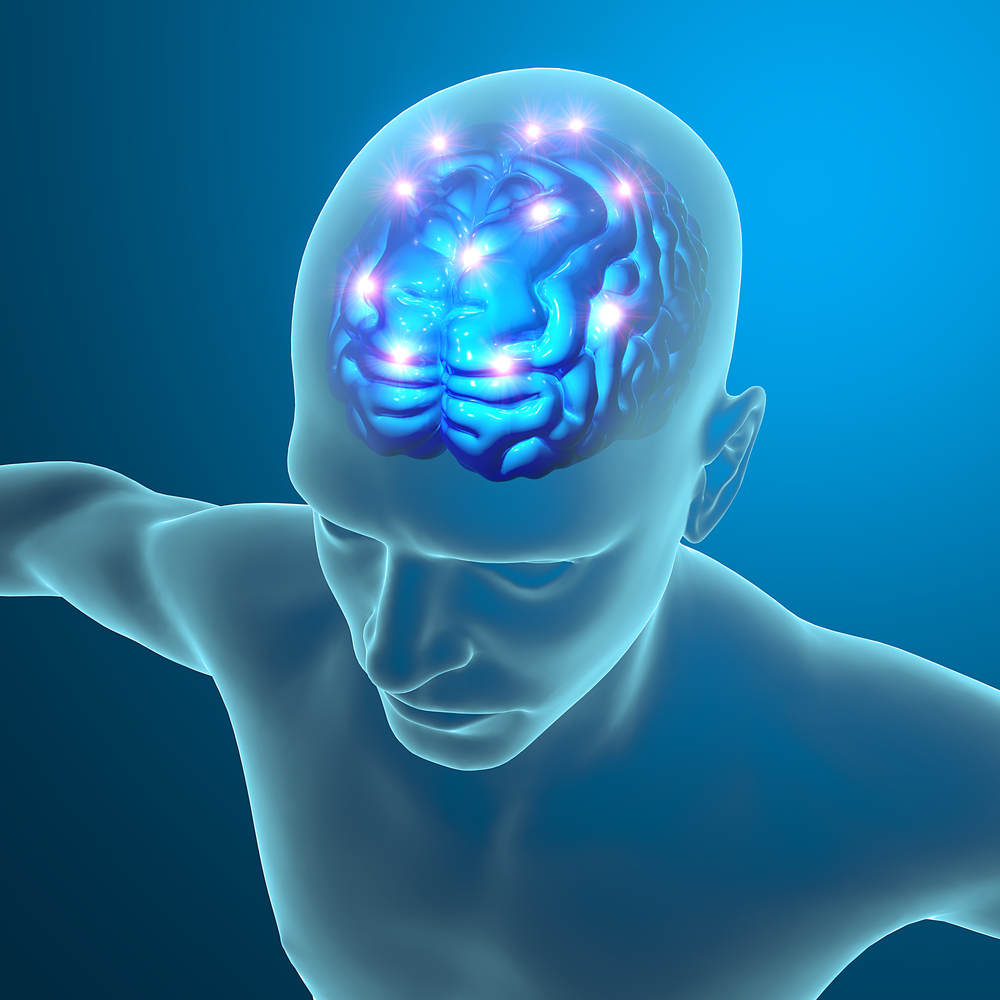Congestive heart failure develops if there is sufficient death of heart muscle (myocardial infarction) and subsequent inability of the remaining normal heart tissue to pump enough blood to the body. Tissues that die obviously cannot contract, but there are also areas around the infarction, called the peri-infacrtion area, that are in shock and may not be able to contract because blood flow to them is not sufficiently compromised to kill them. They may eventually recover if blood flow can be re-established.
Congestive Heart Failure
Exercise Helps Congestive Heart Failure
 Moderate exercise helps ease depression in patients with chronic congestive heart failure (CHF) and is also associated with a small reduction in death and hospitalizations. Even the failing heart can be strengthened by exercise as measured by peak oxygen consumption and longer duration of exercise that is done carefully under the supervision of a qualified physician.
Moderate exercise helps ease depression in patients with chronic congestive heart failure (CHF) and is also associated with a small reduction in death and hospitalizations. Even the failing heart can be strengthened by exercise as measured by peak oxygen consumption and longer duration of exercise that is done carefully under the supervision of a qualified physician.
Clinical depression may affect as many as 40% of the 5 million people with CHF and many studies have linked worse clinical outcomes for people with heart attacks, unstable angina, coronary bypass surgery and CHF.
A clinical trial at Duke University Medical Center that was published in the August issue of JAMA documented these findings after just 30 minutes of moderate exercise three times a week for one year. This is much better and safer way to increase cardiac output than with drugs and surgery.
Treating Congestive Heart Failure as Energy Deficiency
 Congestive heart failure is caused by a deficiency of energy in the heart. The definition, symptoms, and mechanisms of heart failure is provided. Drugs can be lifesaving, but treating the cause of of heart failure should also be considered. Modern testing of energy production by the mitochondria is possible today. The role of statins in causing heart failure is discussed and related to the blockage of coenzyme Q10 production.
Congestive heart failure is caused by a deficiency of energy in the heart. The definition, symptoms, and mechanisms of heart failure is provided. Drugs can be lifesaving, but treating the cause of of heart failure should also be considered. Modern testing of energy production by the mitochondria is possible today. The role of statins in causing heart failure is discussed and related to the blockage of coenzyme Q10 production.
Treating Congestive Heart Failure as Energy Deficiency
Memory and Stress Lead to Early Re-admissions to the Hospital
 Hospital re-admission rates were studied by Henry Ford Hospital researchers on patients with congestive heart failure. What they found was a bit surprising because it wasn't the severity of their congestive heart failure that determined re-admissions. They reported that a history of psychiatric problems such as depression, anxiety and other mood disorders and impairments in a patient's ability to think, remember, and reason were the strongest predictors.
Hospital re-admission rates were studied by Henry Ford Hospital researchers on patients with congestive heart failure. What they found was a bit surprising because it wasn't the severity of their congestive heart failure that determined re-admissions. They reported that a history of psychiatric problems such as depression, anxiety and other mood disorders and impairments in a patient's ability to think, remember, and reason were the strongest predictors.
Of course, this means that doctors must know more than about their congestive heart failure. They needed to know the person with the disease and about their whole life story as well as how that interfaced with their living situation and their values. We simply don't take time for this in today's failing health care paradigm.
This was published in the September 2013 issue of the journal,Psychosomatics.
Heart Attacks Overview
 The causes, symptoms, diagnosis, treatment, and consequences of heart attacks are reviewed. Laboratory tests to assess the extent and dangers of arteriosclerosis are described and mainstream and alternative forms of treatment offered. Prevention and reversibility are reviewed.
The causes, symptoms, diagnosis, treatment, and consequences of heart attacks are reviewed. Laboratory tests to assess the extent and dangers of arteriosclerosis are described and mainstream and alternative forms of treatment offered. Prevention and reversibility are reviewed.
Congestive Heart Failure: Nutritional Support
 Congestive heart failure is the result of sufficient energy. Ankle swelling is an early sign of CHF. Acutely drugs are paramount and work very well. ATP production is dramatically low. A number of nutrients help our mitochondria produce energy better. Statins have the potential to lower coenzyme Q10 and create energy deficient states.
Congestive heart failure is the result of sufficient energy. Ankle swelling is an early sign of CHF. Acutely drugs are paramount and work very well. ATP production is dramatically low. A number of nutrients help our mitochondria produce energy better. Statins have the potential to lower coenzyme Q10 and create energy deficient states.
Congestive Heart Failure: Nutritional Support




